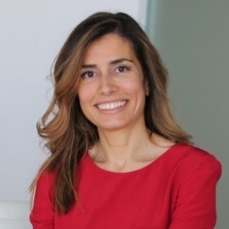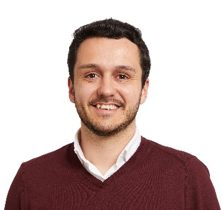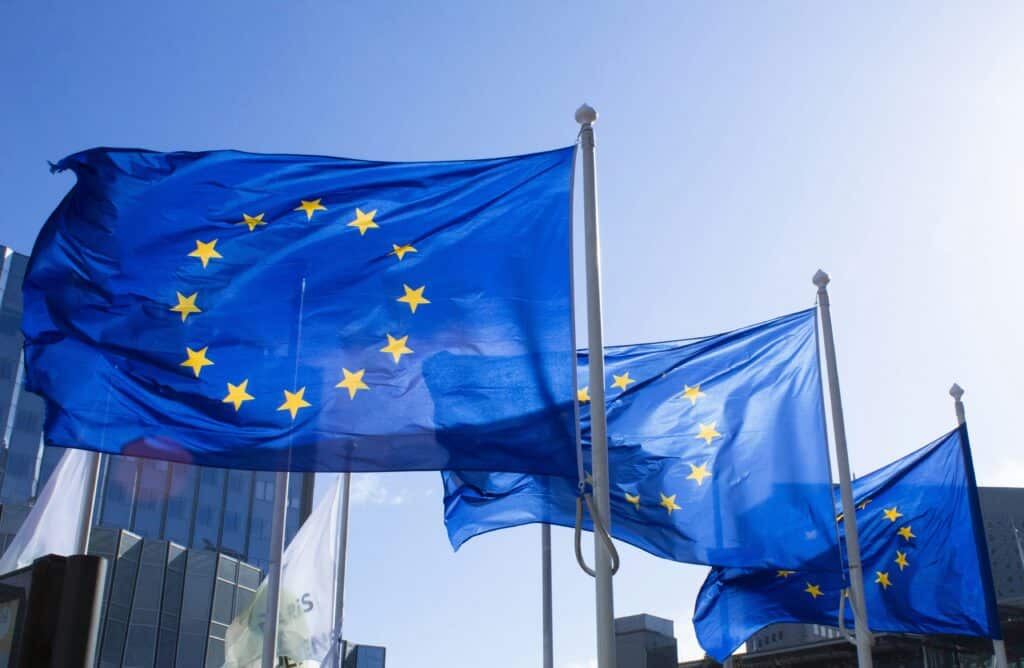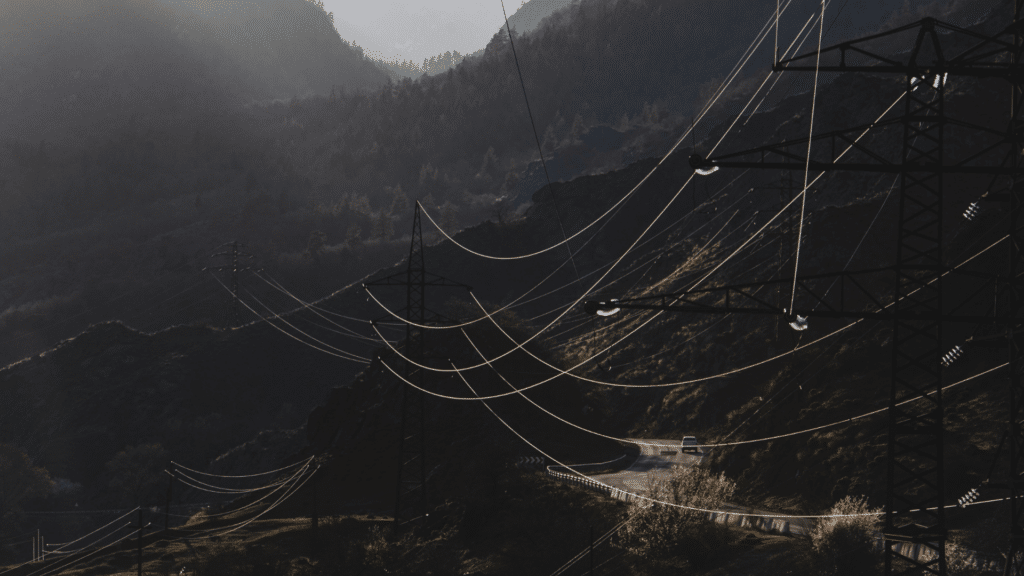Net Zero Podcast Series
The Florence School of Regulation is launching a new podcast series, Net Zero, on the Energy Transition and Climate change.
Tune into the Net Zero podcast to hear from the key actors driving the energy transition. Understand where we are now, the impact for utilities, the challenges that lie ahead for legislators and regulators, as well as the benefits for the environment, and ultimately, for European citizens.
Meet Joana Freitas, Ambassador for the Lights in Women Initiative and the host of the ‘Net Zero’ podcast. Joana is an energy executive deeply committed to the energy transition in Europe, as it touches two issues that are close to her heart: the reduction of carbon emissions, and European integration. In her own words:
Today, Europe stands increasingly alone in the world, as a proponent of the fight against climate change and a bastion of freedom and democracy. Even if my contribution is small, now is the time to get engaged and defend those values.
Joana, why this Podcast? What brings you to the topic of the energy transition in Europe?
Both FSR and I wanted to tap into the minds of the different actors involved in the energy transition in Europe. Interviewing not only the more familiar types of protagonists that get to speak publicly about it (like utilities’ executives, researchers and policy officials) but also consumer representatives, environmental groups and even artists. It was important and enriching to have multiple viewpoints — and key to making the podcast thought-provoking and enjoyable. We also have a target of at least 50% female speakers.
The first series is comprised of 6 episodes, each about 20 minutes long, with topics ranging from the expected speed of renewable integration, the likely evolution of electricity prices and the role of consumers.
Can you give us a sneak peek into some of the interviews? What can listeners expect?
Unfiltered views from the frontline of the energy transition… and some controversy!
Listeners will be able to contrast what a global utility executive and a consumer lobbyist both expect how much prosumers will contribute to the energy production by 2050.
Hear a European grid CEO discuss who should pay for the digital transformation of energy networks. And a Greenpeace activist explains how she sees the path to a zero-carbon economy –spoiler alert, it’s not just replacing fossil fuels with renewable energy sources!
How did this opportunity to collaborate with the Florence School of Regulation come about?
I was already aware of the Florence School of Regulation, but after completing the Future Grid Managers Programme, (a joint course from FSR and Vlerick Business School) in April 2019, I got the chance to know some the School’s team and become acquainted with the Lights on Women initiative. The opportunity to collaborate emerged quite naturally from that, and I am very grateful for the support of Jean-Michel Glachant, Director of the Florence School, from the very start.
I also want to point out that I may be the one with the microphone, but this really is a team effort from many people: FSR’s researchers have lent their time and expertise, Samuel Silva worked as research analyst, Ilaria Bellacci, Co-founder of the Lights on Women Initiative, provided the link with the FSR, the multimedia team produced the episodes, and finally Jessica Dabrowski, Co-founder of the Lights on Women initiative and Communications Specialist at the FSR has been a key person in making it all happen with enterprise and good humour!
Tune into the Net Zero podcast!
More about the people behind the podcast

Joana Freitas is an energy professional that has led a career in operations and finance in infrastructure, having served as CFO of ESPART, a real estate developer, and COO of Portway, a ground handling company. Joana started out in McKinsey as a consultant for seven years, leading projects in London, Rio de Janeiro and Lisbon. She went on to join the Cabinet of the Secretary of State of Treasury and Finance. Joana holds an MSc in Economics from Porto University, an MBA from INSEAD, an Advanced Management Programme from Kellogg School of Management and Católica School of Business and Economics, and recently completed the Future Grid Managers Programme, from the Florence School of Regulation and Vlerick Business School. She co-founded Leading Together, an initiative to promote gender-balanced leadership in business, with the support of the INSEAD Alumni Association and McKinsey & Company. Joana is fluent in English and has working ability in French.

Samuel Silva has been working as a strategy analyst in the energy sector over the last five years. His responsibilities include supporting corporate strategy, developing a long term business plan and providing financial projections for top-management, investors and rating agencies. In addition, he is also in charge of developing a yearly benchmarking comparing European TSOs and analyzing key industry trends. He has previously worked in the retail sector as a business development analyst. He holds a Master’s Degree in Industrial Engineering and Management from Universidade Nova de Lisboa and a Master’s Degree in Finance at Católica Lisbon School of Business & Economics.






